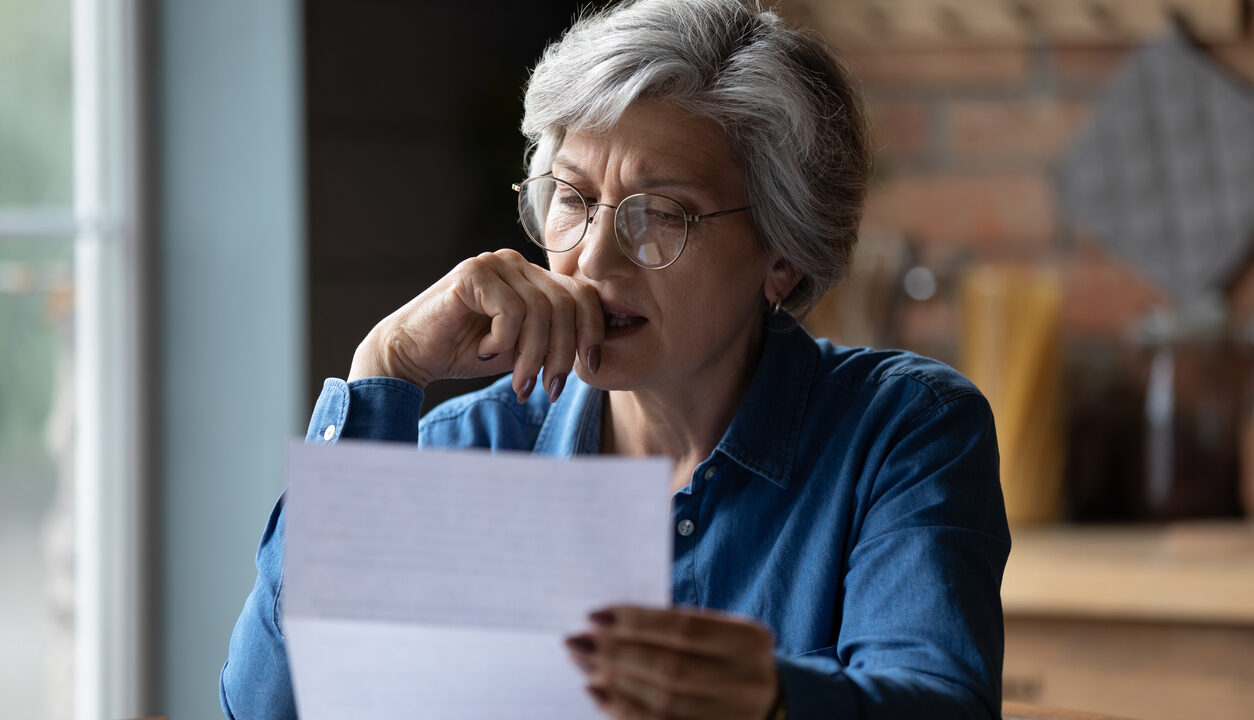Press Release

New Poll Finds Pa. Voters Pessimistic About Direction of Country and Economic Future
Harrisburg, Pa., Oct. 8, 2024 — A new poll of Pennsylvania registered voters released today by the Commonwealth Foundation found inflation and rising costs are top concerns and elections for federal and state executive offices are up for grabs as Election Day inches closer.
Nearly seven-in-ten registered voters say inflation and price increases impact their family’s ability to maintain their standard of living (34 percent responding “a great deal” and 35 percent “a fair amount”). Over half of all registered voters surveyed say their economic conditions are worsening.
Of the 800 commonwealth registered voters surveyed between September 26–29, 57 percent believe the state has “gotten off on the wrong track.” Nearly six-in-ten (59 percent) say the Pennsylvania economy is “not good.”
Energy Cost Concerns
High energy costs contribute to the inflation squeeze. According to the survey, 77 percent of respondents say their energy bills have increased over the past two years (33 percent saying “a lot”). A significant majority (71 percent) say they are concerned about their ability to afford their family’s energy needs.
Nearly eight-in-ten Pennsylvania voters (78 percent) worry about the future availability of affordable energy.
When presented with a choice among various energy and environmental issues, 56 percent of respondents see “rising energy costs” as the most pressing issue, followed by 28 percent who say “ensuring energy grid reliability and modernization to prevent blackouts.” Only 19 percent say “environmental harms from energy exploration and production.”
Costs and economic impacts are key factors affecting attitudes toward energy policies. For example, 74 percent of voters support “building more natural gas infrastructure to…ease the strain on our electrical grid and reduce our state’s energy costs,” and 75 percent support expanding energy development in the state. More than seven-in-ten voters are less likely to support the Regional Greenhouse Gas Initiative (RGGI) if it increases energy costs and cuts jobs.
How Will Inflation and Pessimism Play Out at the Ballot Box?
The survey found the races for president, U.S. Senate, and state executive offices remain competitive, with Democratic candidates holding slight leads within or just outside the margin of error, while independent voters remain dissatisfied or undecided in these contests. Voters, by a small margin, believe Republican policies are better for the economy.
“These races will come down to the wire,” said Commonwealth Foundation Senior Vice President Erik Telford.
“A key factor will be how well candidates define themselves around financial and economic insecurity issues driving voter behavior,” Telford noted. “Candidates and elected officials must remain aware of the economic and financial pressures on individuals and families. Policies that make things worse or threaten their financial futures will get little support. Policies that grow our economy and promote financial security, such as promoting energy development, are clear winners.
“Our findings suggest that statewide races for president, U.S. Senate, and state executive offices – including, Treasurer, Attorney General, and Auditor General – remain competitive,” Telford said. “In our first poll since Harris replaced Biden on the ballot, we’ve seen a bump in enthusiasm among Democrats at the top of the ticket, but the all-important block of independent voters remains overwhelmingly dissatisfied with their choice of candidates in the presidential race and largely undecided in down-ballot contests.
“With one month left until Election Day, it’s clear two factors will dominate these races,” he said. “First, how candidates speak to voters’ economic concerns. Second, and perhaps more importantly, turnout will play a decisive factor, especially among independent voters.”
Additional Survey Findings
- In a head-to-head race, Kamala Harris leads Donald Trump (50 to 46 percent), while 61 percent of independent voters remain dissatisfied with their choice of 2024 presidential candidates.
- Voter satisfaction with the presidential candidates increased 18 points to 58 percent from June when President Biden was still a candidate.
- In a two-way race, Bob Casey leads Dave McCormick (48 to 39 percent). McCormick has gained support every quarter since the beginning of 2024, while Casey’s support has remained flat over the same period. Casey’s favorability declined to 44 percent from 50 percent in the second quarter of 2024, with the differential between his favorability and unfavourability narrowing from 14 points in June to 3 points in September.
- Turnout will play a decisive role with consequential blocks of undecided voters – including roughly one-third of independents – remaining a factor in the U.S. Senate, Attorney General, Auditor General, and Treasurer contests.
- Over two-thirds of Pennsylvania voters support legislation securing our elections by requiring identification, with only about one-in-six voters opposing.
- Pennsylvanians are looking to less regulation and increased energy production for relief. According to the survey, 75 percent support expanding energy production in the commonwealth, and 53 percent oppose RGGI if it increases energy costs and cuts jobs.
- Support for education reform remains strong, with 60 percent supporting a Child Learning Investment Tax Credit worth up to $8,000 per student that families could use to reduce their tax liability and cover educational expenses, including private school tuition.
- More than two-thirds of all voters and over half of Democrats and Republicans agree that ensuring affordable energy is a higher priority than combating climate change.
The full survey results can be found here.
Past results can be found here.
About the Survey
The online survey was conducted for the Commonwealth Foundation by The Bullfinch Group, September 26–29, among 800 registered Pennsylvania voters statewide. The survey is the seventh in an ongoing series of quarterly statewide surveys. A statewide survey of registered voters has a ± 3.46 percent overall margin of error at the 95 percent confidence interval.
###
The Commonwealth Foundation transforms free-market ideas into public policies so all Pennsylvanians can flourish.